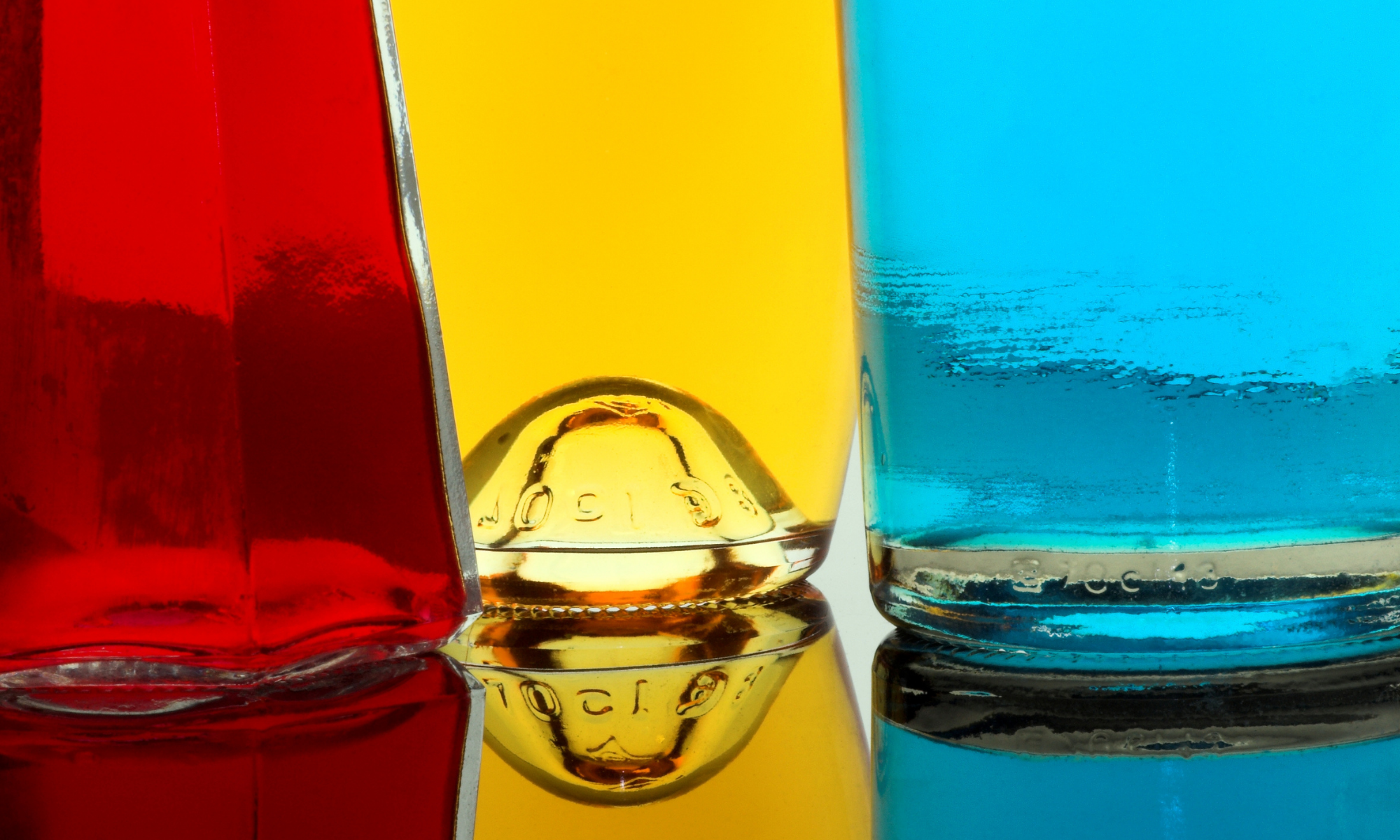Could Ionic Liquids Unlock New Worlds For Life Beyond Earth?

Water has long been considered crucial for life, especially when scientists search for habitable planets beyond Earth. However, a groundbreaking study from MIT scientists suggests that life might thrive in places where water is scarce or non-existent. They propose that ionic liquids, salts that remain liquid below 100 degrees Celsius, could support life in environments that are hostile to water.
In a study published in the Proceedings of the National Academy of Sciences, researchers discovered that ionic liquids can form from components expected to be present on rocky planets and moons. These liquids have a low tendency to evaporate, allowing them to endure at temperatures and pressures intolerable for water. The research team, led by postdoc Rachana Agrawal, found that a mix of sulfuric acid and nitrogen-rich organic compounds can create these stable ionic liquids.
This discovery has major implications for the search for extraterrestrial life. According to Agrawal, the presence of ionic liquids could expand the definition of a planet's habitability. “If we include ionic liquid as a possibility, this can dramatically increase the habitability zone for all rocky worlds,” she explains.
Among the study's co-authors are renowned scientists such as Sara Seager, who is spearheading upcoming missions to Venus, a planet known for its sulfuric acid clouds. The researchers were initially investigating the evaporation of sulfuric acid to analyze Venus' atmosphere for organic signs of life. During their experiments, they discovered that sulfuric acid and glycine (an amino acid) react to form persistent ionic liquids.
Building on this accidental finding, the team conducted further experiments mixing sulfuric acid with over 30 different organic compounds. The results were astonishing; ionic liquid formed under various conditions, even on basalt rocks similar to those found on many rocky planets.
This research opens new avenues for understanding life's potential on planets lacking liquid water. As the team continues to explore the conditions under which life might exist in ionic liquids, they envision planets warmer than Earth, with sulfuric acid from volcanic activity interacting with organic compounds to create small, stable liquid pockets. These could serve as oases for life forms vastly different from those on Earth.
“We just opened up a Pandora’s box of new research,” says Seager. The journey to find life beyond Earth continues, now with a broader perspective on what environments might support it.